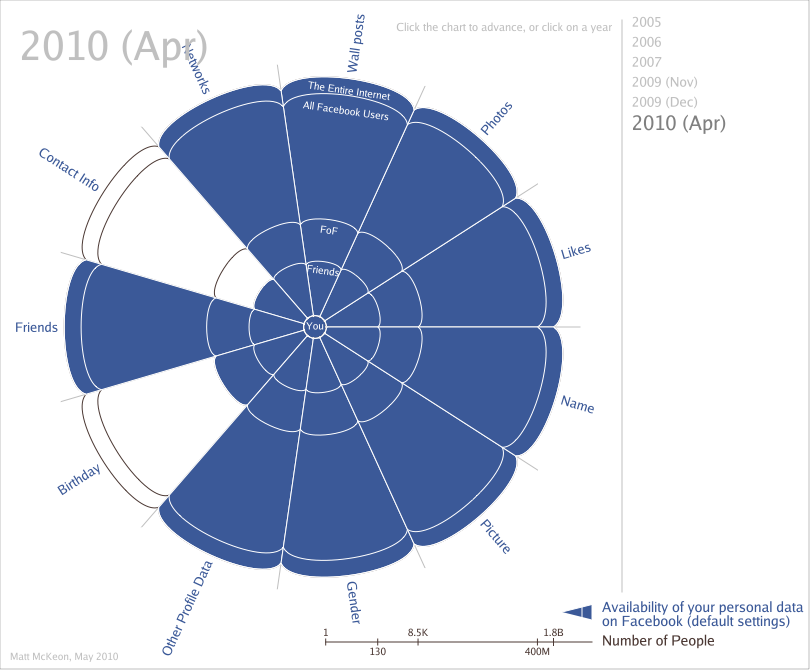Where are you right now? Who knows it? If you’re like most people, chances are you occasionally broadcast your current geographic location using social media and the internet. But you may also be interested to learn that many companies have access to your location because of the devices you carry and technologies you use.
Let’s start with the easy stuff. Which of these technologies have you used to let people know where you are?
– Facebook
– Twitter
– Google
– FourSquare
– Gowalla
– Another service
Some of these services give you the opportunity to identify your location as one of several features, like Facebook or Twitter. Others are essentially location games, like FourSquare and Gowalla: you sign up for the service and “check-in” to various locations as you move through your daily routine. There’s an element of competition, too, because you earn badges (and somewhat silly titles like Mayor of your local coffee shop!) and can rack up points to knock other people off the top spot.
Sounds harmless, right?
A group of Dutch software engineers didn’t think so. Last year they created a website to pull together all of the locational messages from Twitter and Foursquare. They called it Please Rob Me, and for the few weeks the site was live it displayed a running list of updates from people who used those services to highlight the dangers of constantly broadcasting your location.
The site’s creators pulled the plug after a short while, once they’d raised awareness on this important privacy issue. For more information, take a look at their article on Oversharing and Location Awareness on the Center for Democracy and Technology website.
And what about your devices?
You may have seen an article in the New York Times last month about the locational data that our cellphones collect. A German politician petitioned his cellphone service provider to get his own data, and resulting information is surprisingly detailed. All cellphone companies do this to accurately bill us for the services we use, but what about other ways of using this information, like marketing and advertising? When is the privacy line crossed?
For more information about locational privacy, read this excellent whitepaper on the issues by the Electronic Frontier Foundation.
Photo credit: Calsidyrose



 This week is Choose Privacy Week, an event sponsored by the
This week is Choose Privacy Week, an event sponsored by the 

